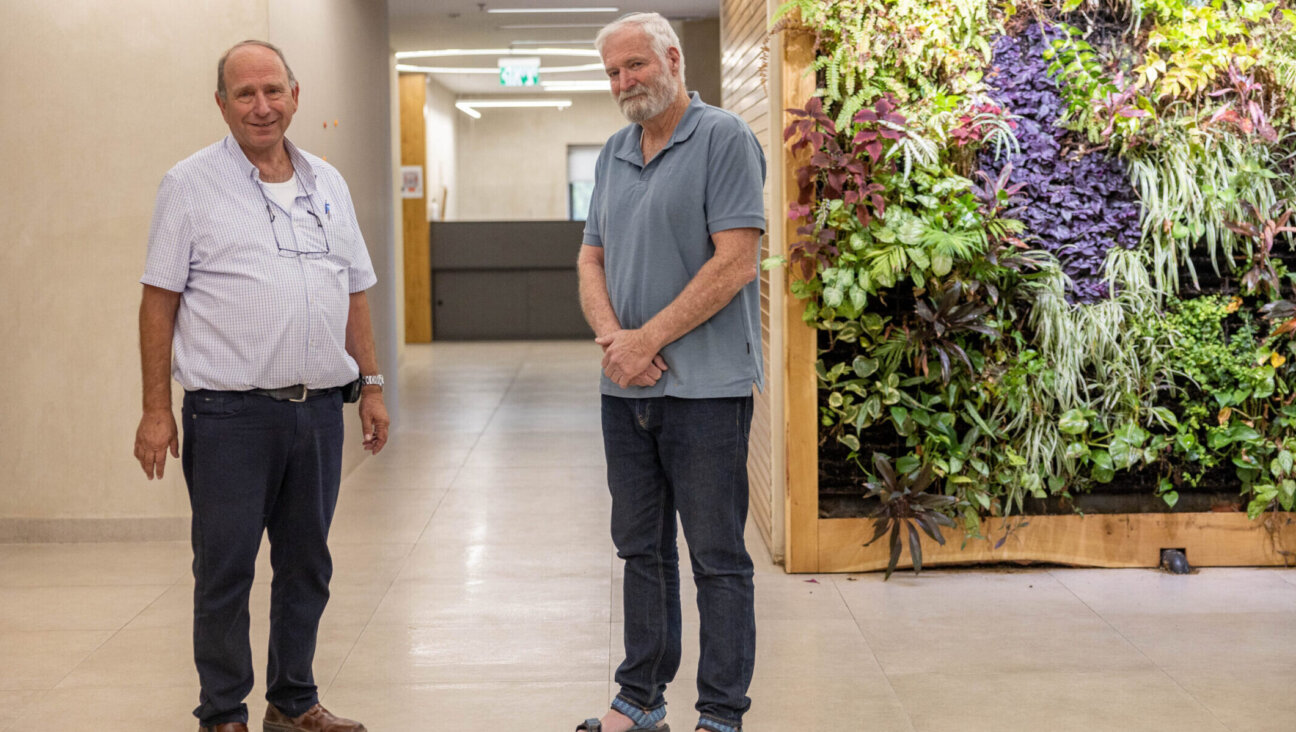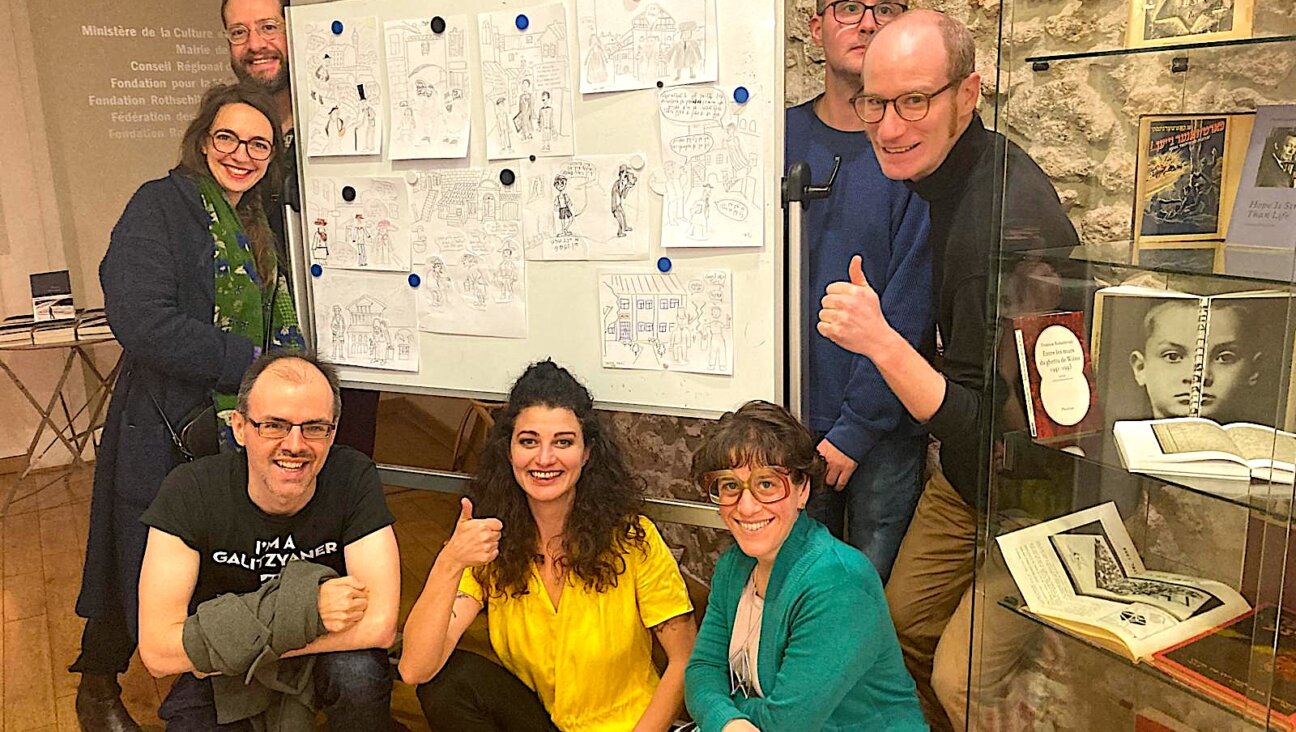Boy, Interrupted
In the hands of the wrong filmmakers, child protagonists can easily pull the audience into a world too nostalgic, too sweet. They move through magic worlds, purportedly enchanting us along the way. Thankfully, in “The Year My Parents Went on Vacation,” Mauro, the 12-year-old protagonist, does no such thing.
In fact, it is this child’s indifference and director Cao Hamburger’s subtle, gossamer filmmaking that make this multilayered story of exile remarkably palatable. The film, which was most recently shown at Cannes, has made its way through this year’s festival circuit, receiving a warm reception at the Tribeca Film Festival and earning a nomination for the Golden Berlin Bear at the Berlinale. It is in negotiation for a stateside release later this year.
Set in Brazil in the 1970s, during the exuberance of a World Cup victory and the fear-driven torpor of a military dictatorship, the film shows what happens to Mauro after his parents go on a highly euphemistic vacation (they are leftists running from the government). Mauro is dropped off in front of his grandfather’s apartment in Bom Retiro, an immigrant enclave in Sao Paulo, only to discover that the old man has died. The boy’s livelihood soon becomes the concern of a group of the building’s Yiddish-speaking residents, with a surly religious man named Shlomo reluctantly taking the lead. Mauro — as unimpressed as he is uncircumcised — shows little interest in the Jewish goings-on around him.
Through this boredom emerges a surprisingly un-exotic portrait of Jewish immigrants. At no point are we bombarded with violins, forced to drool over warm challah or seduced by the flickering flame of a Sabbath candle. Mauro is 12: He is bored, he misses his parents, he loves soccer, he loves soccer star Pelé. Hamburger respects this. As a result, the Brazilian Jews in the film are neither saintly nor suspect. If anything, they are ordinary: They cook, they clean, they work, they sleep. The non-Jewish Brazilians in the movie receive the same treatment, and the characters move beyond the sensuality and violence that usually mark their cinematic portrayals. For both groups, the mundane is rather becoming. And because the film is void of exaggerations, we get to explore the small ways that these people deal with big things.
The movie explores three layers of exile: Shlomo’s, Mauro’s father’s and Mauro’s. Shlomo’s exile is the most familiar: He is an Eastern European Jew who fled his violent homeland for an ostensibly calmer new one. The father, who is seen only at the beginning, undergoes an internal exile during which he must vanish from the eyes of his government. Mauro’s exile takes him from the comfort of assimilation to the slightly unsettled world of immigrants, where people’s pasts seem to make things a little more complicated. Thank goodness for soccer.
The film pivots on the way Mauro and Shlomo’s experiences in exile affect one another. Shlomo, who left gallantry behind to live a quiet and solitary life in Sao Paulo’s Jewish community, decides to engage with the Brazilian government in order to figure out what happened to Mauro’s parents. Mauro, in a much more subtle, 12-year-old sort of way, realizes that he will be the goalkeeper on the soccer field. A goalkeeper is a perpetual insider and outsider — on the team, but standing alone.
The film drags at times — Mauro is bored in this seemingly stiff Jewish world, and we are forced to share in that boredom — but Hamburger’s delicate storytelling and the soft and slightly mesmerizing camera work make this shared boredom effective. The sedate pace allows Hamburger to avoid the sensationalism that might have found its way into a film about this period. Indeed, the government-sponsored violence is not the prime focus but a shadowy presence that Mauro seldom contemplates but often senses.
One of Brazil’s popular national narratives is that there is no racism in the country — a point debated by scholars and laypeople alike. Regardless, Hamburger, a half-Italian, half-German Jew, seems to have had this idea of racial harmony when making the film: Bom Retiro is a place where blacks, Italians and Jews get along. While this might be idealistic, even for Brazil, it allows something new to emerge. Instead of ruminating on difference and hate, Hamburger evokes the more subtle implications of exile and identity, both national and individual. In the quietest ways, Shlomo becomes more Brazilian, Mauro becomes more Jewish and both get a glimpse into how the past, present and future can come together in one moment.
A message from our CEO & publisher Rachel Fishman Feddersen

I hope you appreciated this article. Before you go, I’d like to ask you to please support the Forward’s award-winning, nonprofit journalism during this critical time.
We’ve set a goal to raise $260,000 by December 31. That’s an ambitious goal, but one that will give us the resources we need to invest in the high quality news, opinion, analysis and cultural coverage that isn’t available anywhere else.
If you feel inspired to make an impact, now is the time to give something back. Join us as a member at your most generous level.
— Rachel Fishman Feddersen, Publisher and CEO























